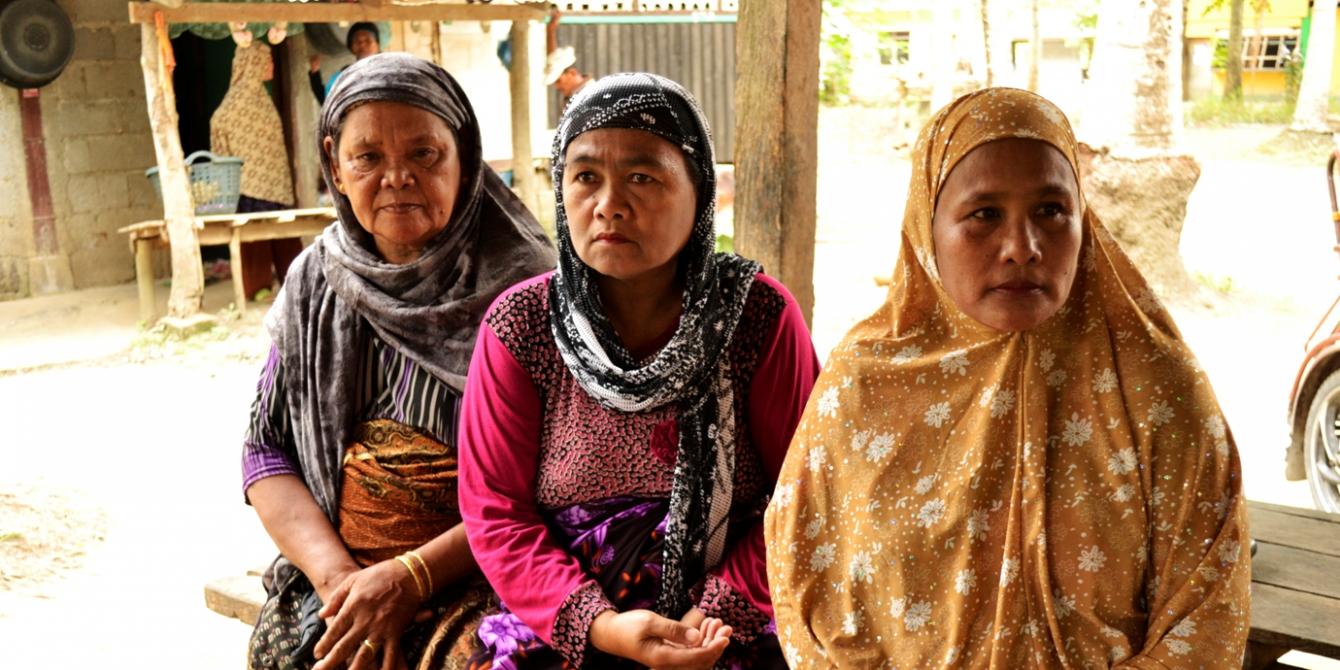We work for peace

Our work largely involves the Bangsamoro Autonomous Region in Muslim Mindanao (BARMM), one of the five regions of Mindanao and home to more than 3.5 million Filipinos, many of whom are living under extreme poverty conditions. The BARMM is recorded to be the poorest and most marginalized region in the country, with a meager 2 percent share of the Philippines GDP, as well as a very high poverty incidence at 48.7 percent. In the past four decades, the region has been beset by continuing episodes of armed conflict which resulted in huge humanitarian and economic losses, destruction of properties, bloodshed, and displacement of families which only aggravated their already dire situation.
Poverty coupled with violence suffers the most vulnerable, especially women and children. The region still holds the highest levels of infant and maternal mortality, highest rates of illiteracy, and lowest life expectancies. It also ranks lowest in the key reproductive health indicators such as modern contraception, antenatal care, skilled birth attendance and use of health facilities for childbirth.
Moro women also face exclusion within their communities because of unequal power relations and discrimination driven by cultural norms, patriarchal attitudes and deeply-rooted stereotypes pervading formal institutions and their everyday life. If not addressed, these will continue to constrain women from being from pursuing their social, economic and political aspirations, and from carrying out more productive roles and being transformative leaders in their communities.
Objectives
We will work towards the transformation of ideas, beliefs, and institutions to end violent conflict and promote sustainable peace in the Bangsamoro by:
- Young men and women recognize the identity, diversity, and unique needs and aspirations of the Bangsamoro;
- Bangsamoro leaders and citizens develop and implement inclusive development plans and achieve greater social accountability;
- Essential services that support human development and gender equity are prioritized and resourced to benefit women in the Bangsamoro.

 Follow us on Facebook
Follow us on Facebook Instagram
Instagram Follow us on Twitter
Follow us on Twitter LinkedIn
LinkedIn